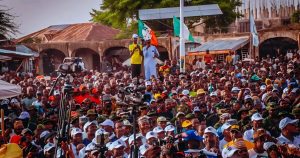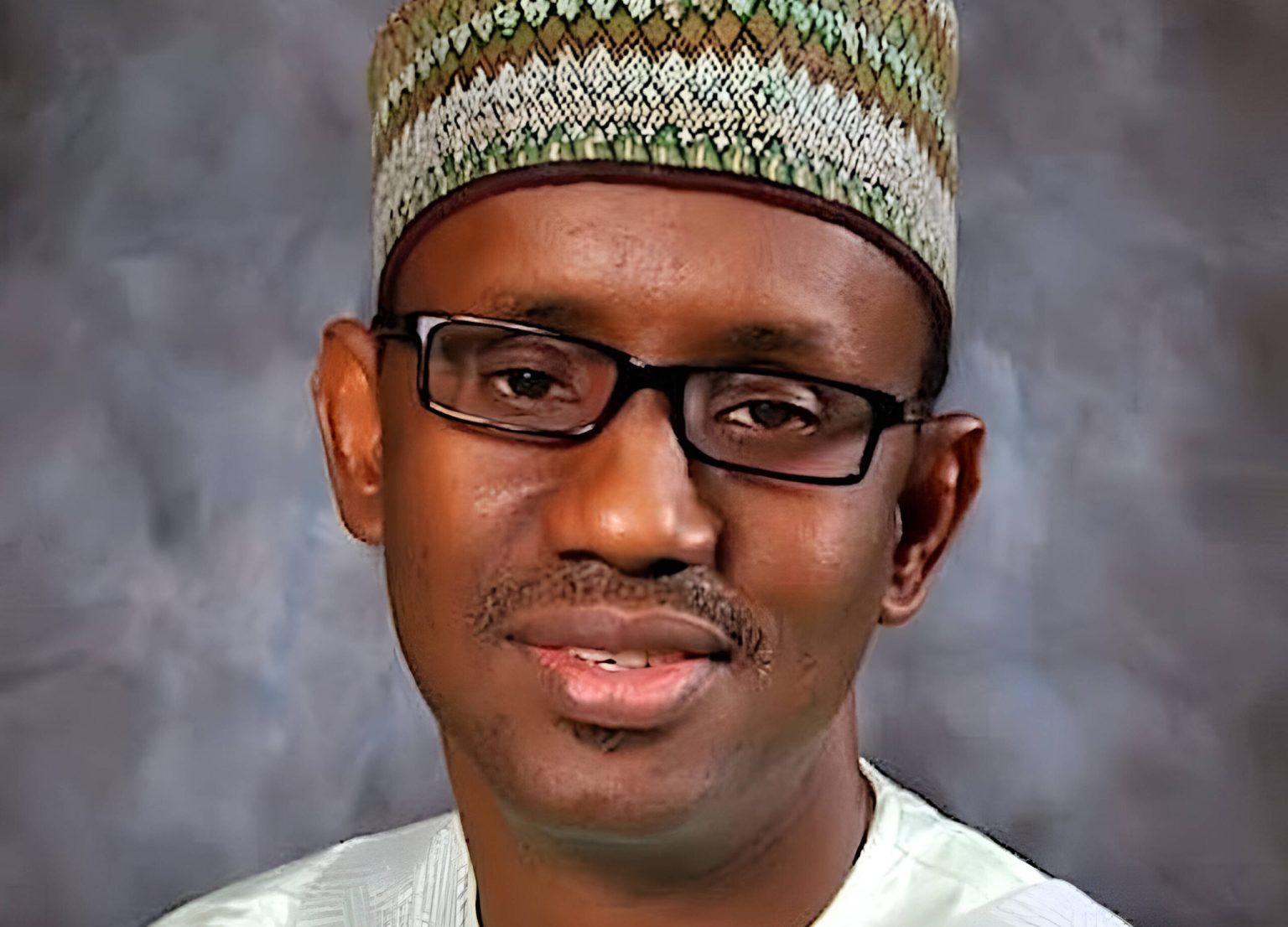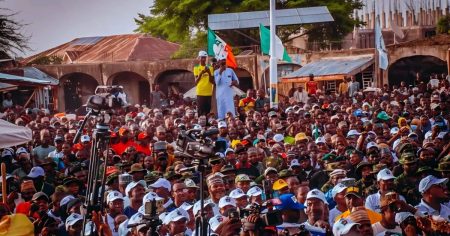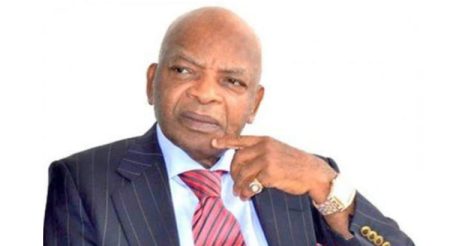The Nigerian government, through the Office of the National Security Adviser (ONSA), has engaged in a public disagreement with Amnesty International (AI) over a report published by the human rights organization concerning insecurity in the country. AI’s report painted a grim picture of escalating violence, claiming that over 10,000 people were killed and hundreds of villages destroyed within a two-year period under President Bola Tinubu’s administration. The report highlighted Benue and Plateau states as the most severely affected, recording alarmingly high numbers of casualties. This sparked a strong rebuttal from the Nigerian government, which dismissed the report as sensationalist and lacking verifiable data. The Minister of Information and National Orientation, Alhaji Mohammed Idris, questioned AI’s methodology and asserted that the report contradicted the lived experiences of citizens in affected areas, citing instances of resettlement, revived agricultural activities, and the reopening of markets as evidence of improved security.
Despite the government’s rejection of the report, ONSA, headed by Mallam Nuhu Ribadu, extended an invitation to AI for a consultative meeting. This invitation, orchestrated by the National Counter Terrorism Centre (NCTC) under ONSA, aimed to address what it deemed “misleading” figures and assertions within the report. Maj. Gen. Adamu Laka, coordinator of the NCTC, emphasized the discrepancies between AI’s findings and the government’s own data, underscoring the potential for misinformation and damage to the nation’s image. While acknowledging the importance of human rights advocacy by civil society organizations, ONSA stressed the need for such advocacy to be conducted responsibly and with a clear understanding of the national security context.
Isa Sanusi, the Country Director of Amnesty International Nigeria, confirmed receiving the invitation and maintained that the report’s findings were evidence-based. This sets the stage for a potential clash between the two entities, with AI standing by its research and the government questioning its accuracy. The invitation itself, however, suggests a willingness by the Nigerian government to engage in dialogue, even amidst its strong disapproval of the report’s conclusions. This dialogue could offer an opportunity to clarify discrepancies and potentially arrive at a shared understanding of the security challenges facing the country.
Prior to the publication of the report, NCTC-ONSA had advised AI to withhold its release, urging a preliminary engagement to address perceived gaps and potential misinformation. The center argued that the report presented an overly alarming narrative that could mislead the public, tarnish the country’s international image, and inadvertently embolden terrorist groups. This preemptive attempt to prevent the report’s dissemination further underscores the sensitivity of the issue of insecurity within Nigeria and the government’s concern about the report’s potential impact.
The core of the disagreement centers on the starkly contrasting narratives presented by Amnesty International and the Nigerian government. AI depicts a dire security situation marked by widespread violence and displacement, while the government emphasizes progress in addressing these challenges, pointing to signs of recovery and stability in affected regions. This discrepancy raises important questions about the accuracy and reliability of the data used by both parties. Furthermore, the government’s assertion that AI’s report could exacerbate the security situation by emboldening terrorist groups adds another layer of complexity to the debate.
The upcoming consultative meeting between AI and ONSA presents a crucial opportunity for dialogue and clarification. It remains to be seen whether this meeting will bridge the divide between the two narratives or further entrench their respective positions. The outcome of this meeting could have significant implications for the ongoing discussion on security challenges in Nigeria and the relationship between the government and human rights organizations. The key questions to be addressed include the veracity of the data presented by both sides, the effectiveness of the government’s security strategies, and the role of civil society in holding the government accountable for protecting its citizens.














